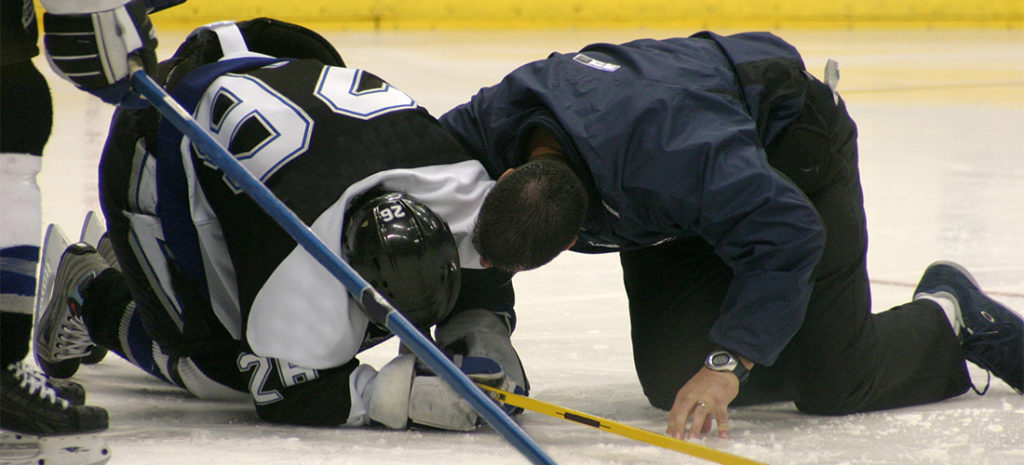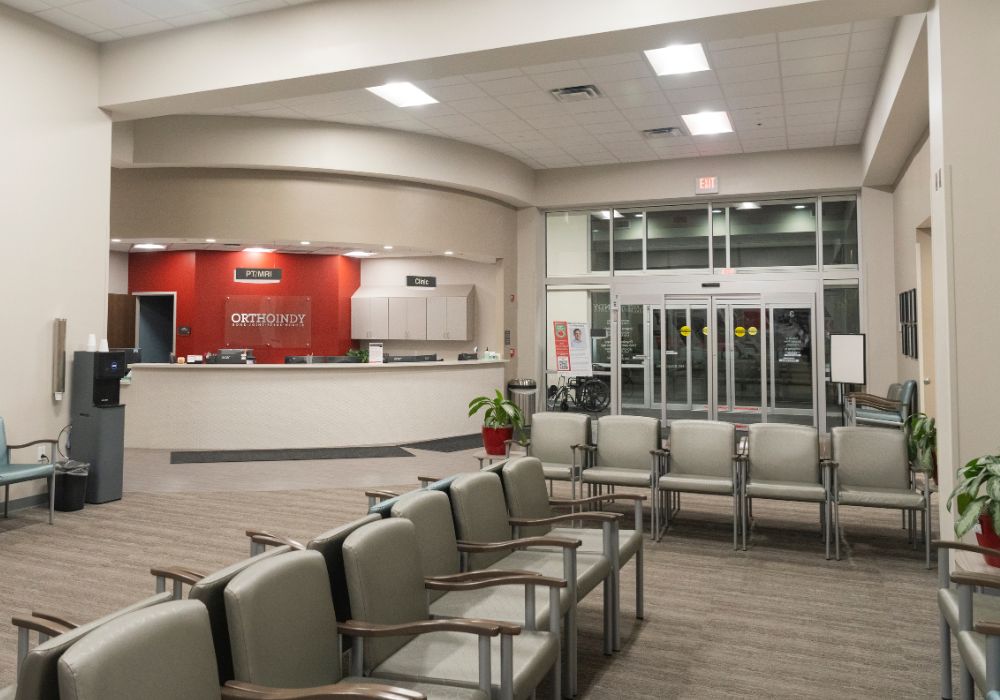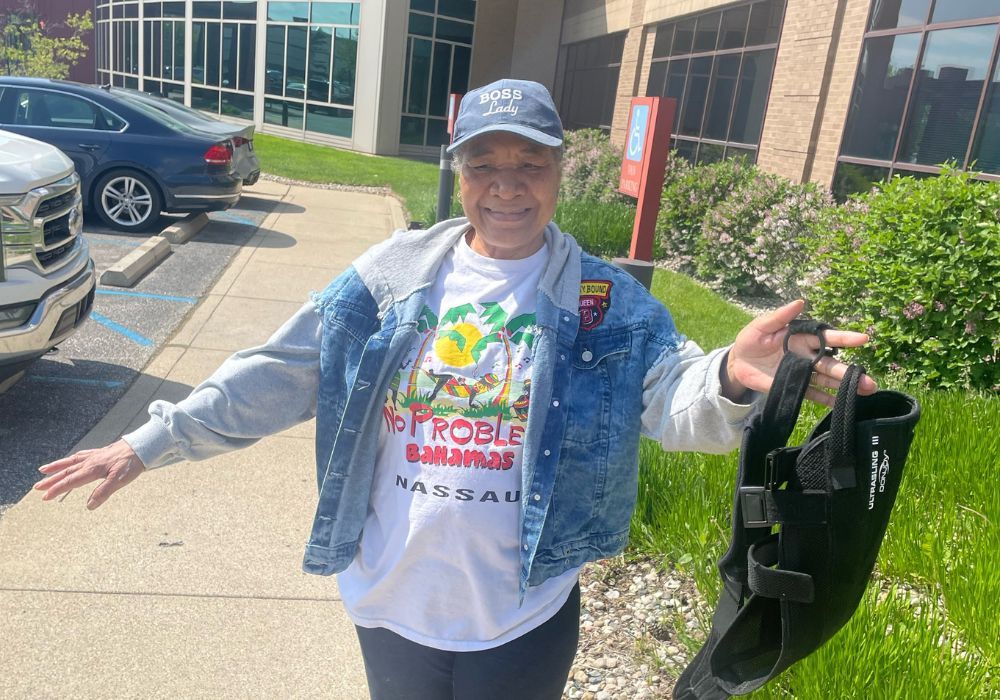THIS POST IS PART OF THE ULTIMATE GUIDE TO SPORTS MEDICINE
The most flexible joint in the entire human body is the shoulder joint.
Shoulder joint
It is formed by the union of the humerus, shoulder blade and collarbone. The shoulder is actually made up of two separate joints that work together to allow the joint to turn in many directions.
However, this advantage also makes the shoulder an easy joint to dislocate.
A shoulder dislocation is a common injury in contact sports, such as football and hockey, and in sports that may involve falls, such as downhill skiing, gymnastics and volleyball.
According to Dr. Scott Gudeman, sports medicine specialist at OrthoIndy, most dislocations are anterior, which means that the head of the humerus slips forward out of the joint. A fall sideways on the arm can cause an anterior dislocation.
“Occasionally a dislocation can be posterior, where the humeral head slips backwards out of the joint,” said Dr. Gudeman. “This usually occurs from a different type of injury, in which the arm is struck while it is rotated inwards. Additionally, your shoulder can be extremely loose and cause pain without having an injury. This scenario may represent multidirectional instability.”
Usually your physician will examine your shoulder and may order an X-ray. To treat the dislocation your physician will place the ball of the humerus back into the joint socket. Severe pain stops almost immediately once the shoulder is back in place.
You may have to wear a sling or another device for several weeks following treatment. After pain and swelling go down you will be prescribed physical therapy exercises to help restore the shoulder’s range of motion and strengthen the muscles.
Symptoms include:
- swelling
- numbness
- weakness
- bruising
According to Dr. Gudeman, once you have dislocated your shoulder, the chances are high that it will happen again, particularly if you are under the age of 30. So it is important to follow your physician’s treatment plan.
“There are many different surgical procedures to repair the instability of recurrent shoulder dislocations,” said Dr. Gudeman. “Because one common cause of instability is a tear in the ligaments that attach to the socket, surgery is often done to repair this damage.”
To schedule an appointment with Dr. Gudeman please call 317.884.5161 or learn more about shoulder treatment options at OrthoIndy.
Schedule an appointment
Your well-being is important to us. Click the button below or call us to schedule an appointment with one of our orthopedic specialists. If your injury or condition is recent, you can walk right into one of our OrthoIndy Urgent Care locations for immediate care. For rehabilitation and physical therapy, no referral is needed to see one of our physical therapists.





